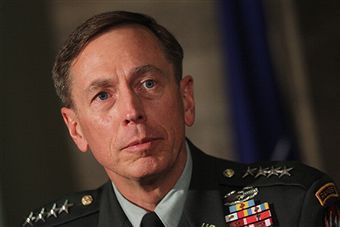 There is a war on. Not in Libya but in Helmand, where nearly 9,000 British troops are
fighting. Last year was in fact the deadliest of more than nine years of war for Afghan civilians, the United Nations has just reported.
There is a war on. Not in Libya but in Helmand, where nearly 9,000 British troops are
fighting. Last year was in fact the deadliest of more than nine years of war for Afghan civilians, the United Nations has just reported.
You would not know it, though. For the events in North Africa have almost removed the issue entirely from the newspapers. When Hamid Karzai came through London recently, his visit barely registered. What a change from only half a year ago when every one of his idiosyncratic utterances would be replayed and over-analysed.
This may not be an altogether bad thing. Too much 24-hour coverage can make it a lot harder for people to get on with their jobs. When I was in Iraq, I remember people talking about “Washington time” and “Baghdad time”. They were referring not to the time difference between the countries but the differences in expectations of how quickly things could change in Iraq. This pressure to get things done quickly often undermined the natural pace of work, and therefore progress.
Yet weary detachment is also dangerous because it sustains the insurgency. Hopefully a balance can be struck when General David Petraeus travels back to the US next week to present President Barack Obama with proposed troop reductions, a prelude to the withdrawal planned for July.
The ISAF commander is likely to say there has been some progress, but warn that the gains are fragile. For example, there has been only modest progress in getting Taliban fighters to lay down their arms and join a reintegration programme. Plans to train and install thousands of police officers in rural communities to mobilise resistance to the Taliban have also been frustrated.
Efforts must be maintained. In the coming months, it will be crucial that Western governments, especially the US and Britain, keep focused on Afghanistan.






Comments